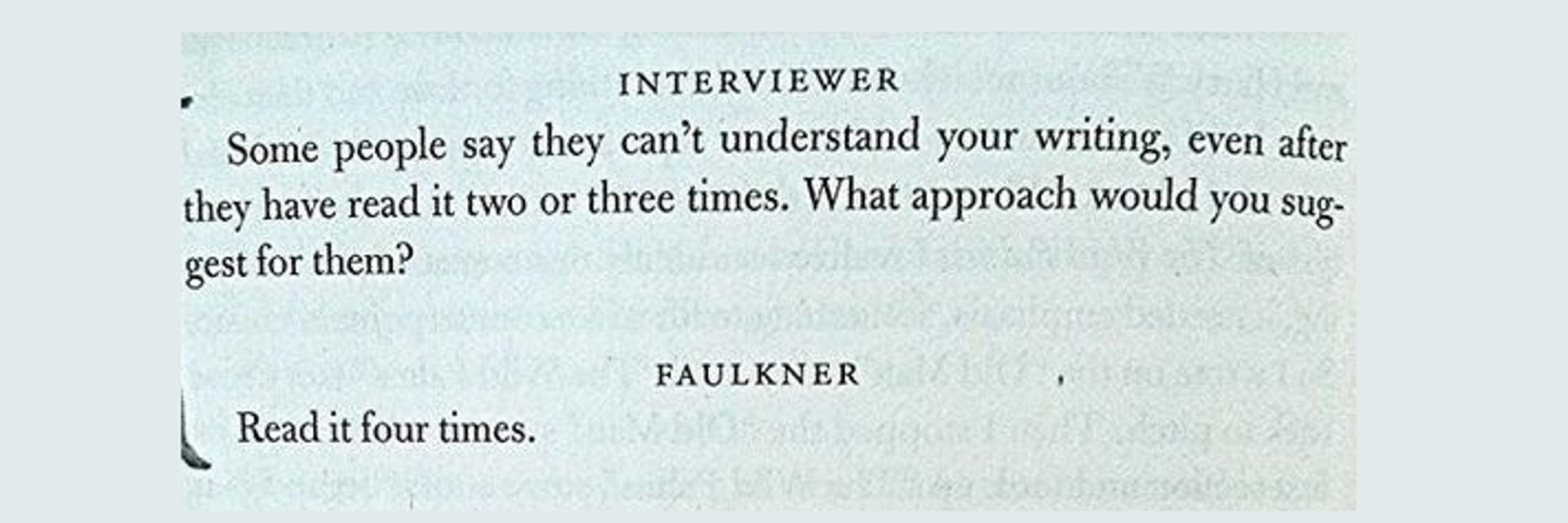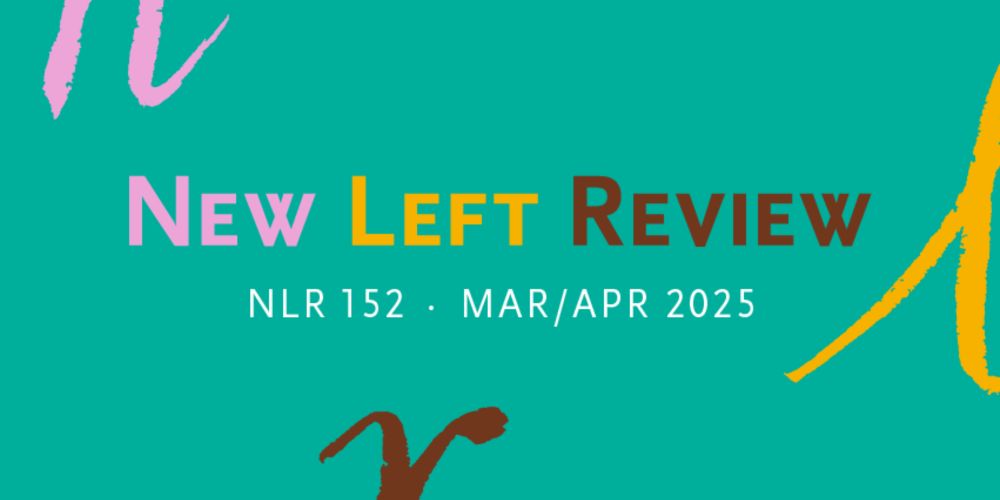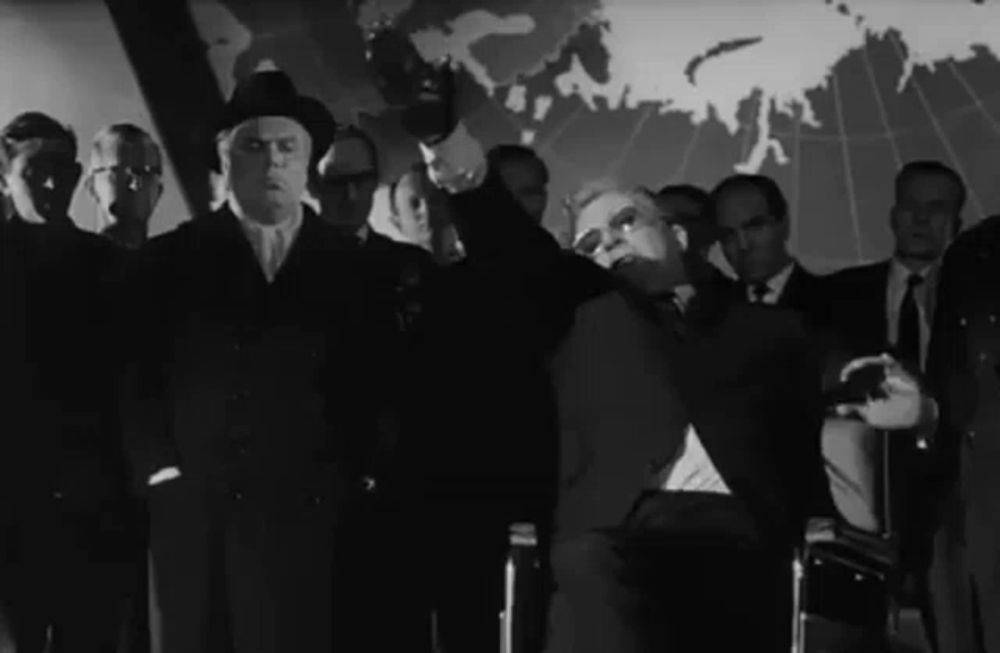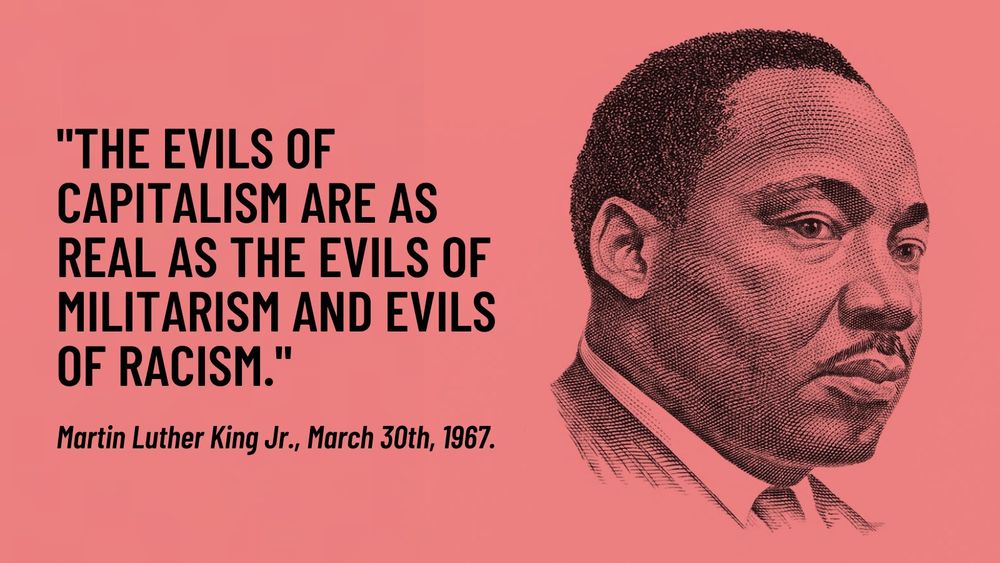
Extensively studied Marx, Parsons (PhD Thesis), Habermas, Freud, Plato, Weber, Nietzsche, Heidegger, Böhm-Bawerk & Durkheim in the past.
Currently studying Hegel, Adam Smith, Keynes




newleftreview.org/issues/ii152...

newleftreview.org/issues/ii152...




